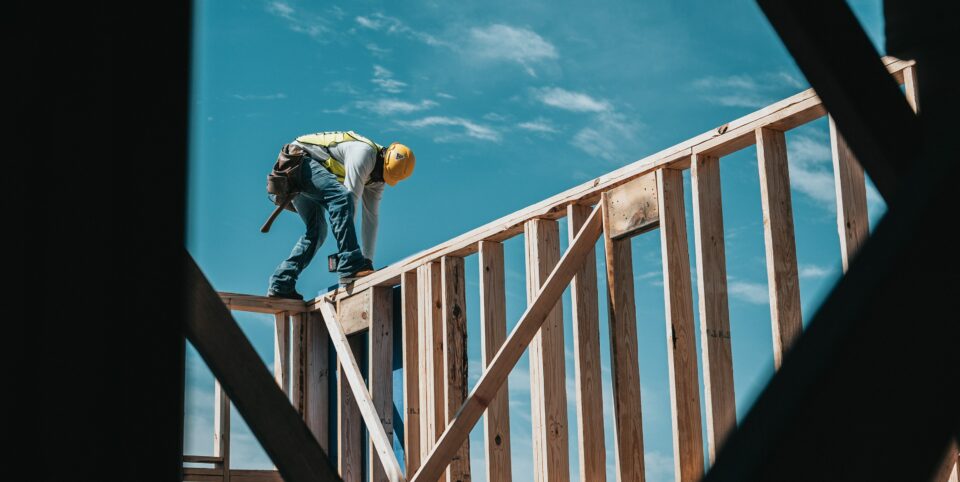Contact
020 7953 7040
info@ccameron.co.uk
Charles Cameron & Associates
Blackfriars Foundry
154-156 Blackfriars Road
London SE1 8EN
Significant advancements in building safety legislations
September 21, 2023
Information published was correct at the time of writing
Requirements underscore that tenant safety should always be a landlord's primary concern...

In light of recent changes in legislation, for landlords who own a House in Multiple Occupation (HMO) or an apartment within a larger complex, it’s essential to understand the main aspects of building safety. These points will help ensure the wellbeing of all occupants and adherence to legal requirements.
The Building Safety Act 2022 and Fire Safety Regulations 2022 are significant advancements in building safety legislation.
EWS1 form might be necessary to sell or remortgage your property: Not all buildings require this form, but it certifies the safety of a building’s external walls. A professional needs to evaluate the facility to confirm the cladding’s appropriateness or if repairs are needed. This form is valid for five years.
‘Qualifying leaseholder’ may not have to cover the cost of remedial works: Under the Building Safety Act, if your leasehold flat is in a building taller than five storeys or 11 meters and you don’t own more than three UK residential properties, the building owner can’t charge you for remedial works on unsafe cladding.
Appointment of a ‘Responsible Person’ is required for multi-occupied buildings: This person or entity, such as a managing agent or residents’ management company, is in charge of ensuring specific fire safety duties.
For example, they must display fire safety instructions and provide information about fire doors to residents. Existing fire safety regulations for HMOs remain the same: While a Responsible Person needs to be appointed for HMOs under the new rules, other existing laws still apply.
These include performing a written risk assessment, checking the electrical installation every five years and installing compliant internal fire doors. Assess the services your managing agent provides: It’s crucial to understand the level of responsibility your letting agent is willing to take on, especially in the case of HMOs.
ENSURE YOUR PROPERTY COMPLIES WITH LEGISLATION
Lastly, these new regulations might increase legal fees for work on leasehold properties. Some legal companies have stopped dealing with flats in high-rise buildings because they can’t obtain indemnity insurance. Therefore, be prepared for potentially higher conveyancing fees when buying or selling a leasehold property.
Due to the complexity of these new rules, especially for high-rise properties, seeking expert professional advice is essential. These requirements underscore that tenant safety should always be a landlord’s primary concern. Always ensure your property complies with legislation.
Don’t forget, our professional friendly advisors are on hand to support you and can help you explore all of your options.



